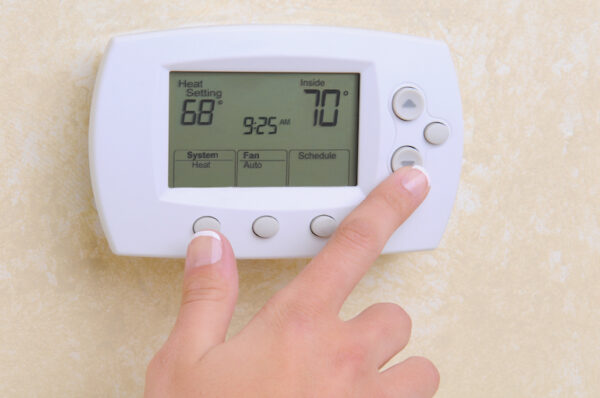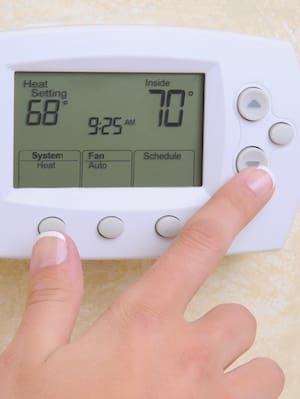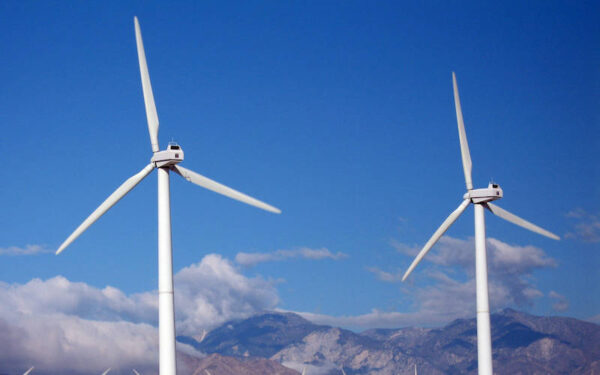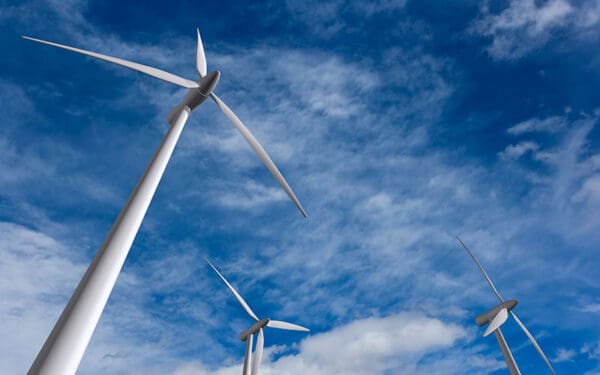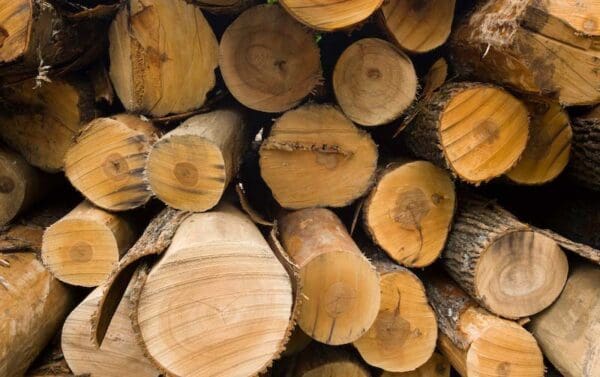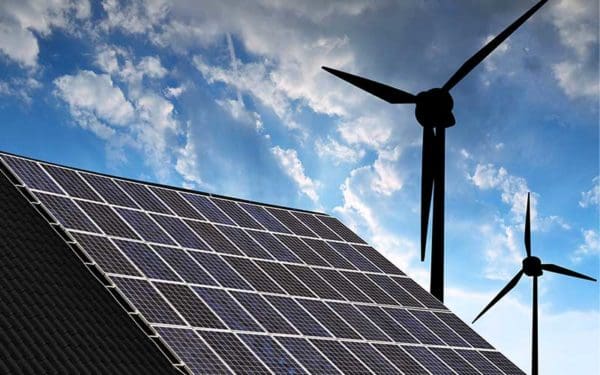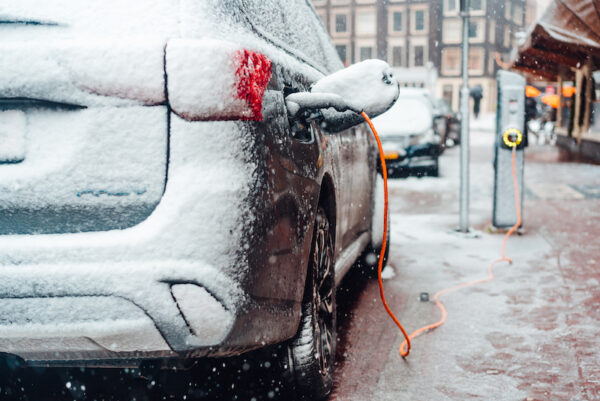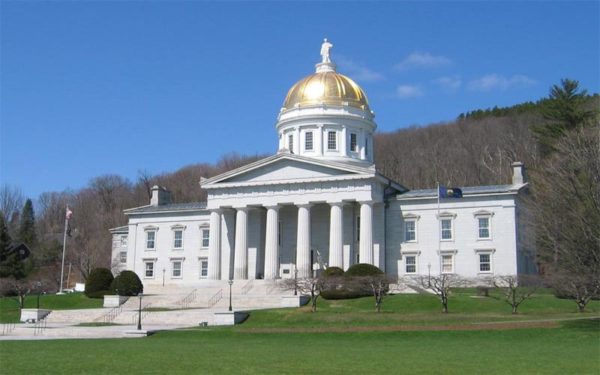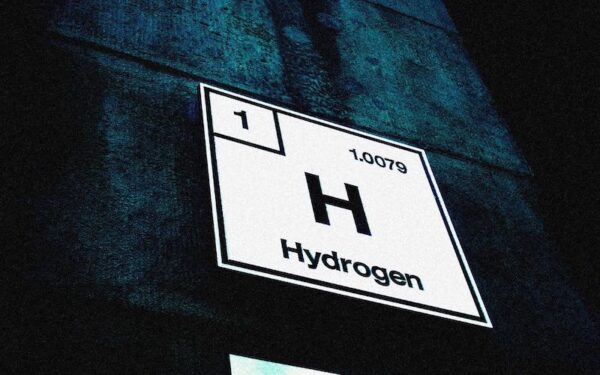Mar 31, 2023
If you live in a home with an oil or gas furnace or boiler, like most people in Massachusetts, turning up the heat is the end of an unseen odyssey for your heating fuel. Between drilling, refining, and transport, fuels can travel thousands of miles before they are delivered into homes and burned for heat.… Continue reading What is the Massachusetts Clean Heat Standard?
Mar 31, 2023
If done correctly, a new state program could help slash climate and health-damaging pollution while promoting clean, electric heat for all Massachusetts residents.
Mar 30, 2023
These projects will ramp up clean energy in Maine, helping slow climate change and lower costly electricity bills.
Mar 16, 2023
Offshore wind can save us money on our energy bills, provide more electricity in cold temperatures, and slow the effects of climate change.
Feb 09, 2023
Wood biomass electricity delays our transition to clean energy that won’t spew pollution and damage our climate.
Feb 07, 2023
As a skiing enthusiast, New England’s snowy slopes are my winter haven. But climate change is threatening them, and so much more.
Feb 01, 2023
“We must reform Vermont’s renewable energy rules if we’re serious about meeting our climate goals and slashing dangerous pollution in our communities,” said CLF attorney Chase Whiting. “A portion of our electricity comes from out-of-state fossil fuel plants that pollute communities’ air, destroy our planet, and take hard-earned money from Vermonters. This is unacceptable. It’s time to update these rules to ensure our electricity comes from new clean energy sources like wind and solar, especially those that bring new jobs to Vermont.”
Jan 13, 2023
From better batteries to more public charging stations, electric cars can take New England winters like a champ.
Jan 13, 2023
“Vermont has made tremendous progress in the last few years, but there is a lot of work left to do and we can’t afford to let up now,” said Dale Azaria, Interim Vice President of CLF Vermont. “Climate impacts are already threatening our way of life. It’s time to go further to expand clean energy and protect our precious waters and resources. We’ll be working with legislators throughout the session to make these shared goals a reality.”
Jan 12, 2023
“Most hydrogen is currently produced from fossil fuels, so it cannot be considered clean energy,” said Shannon Laun, Vice President of CLF Connecticut and an appointed member of the task force. “As the report makes clear, the way hydrogen is produced is a critical piece of the puzzle. Investing in dirty hydrogen could actually increase emissions and make it harder to meet our climate goals, but clean hydrogen certainly has promise for uses that are hard to electrify.”
